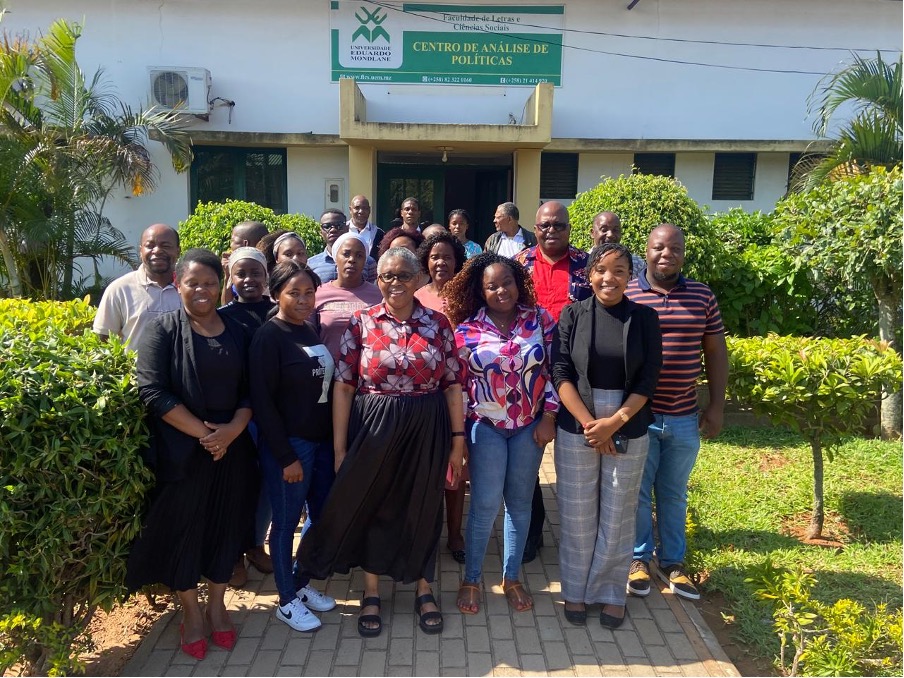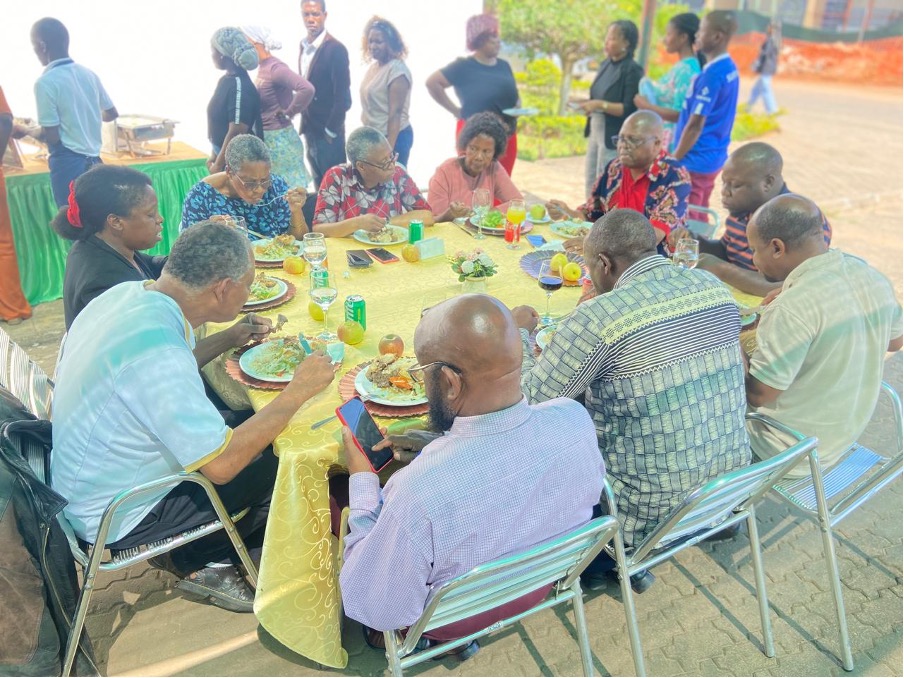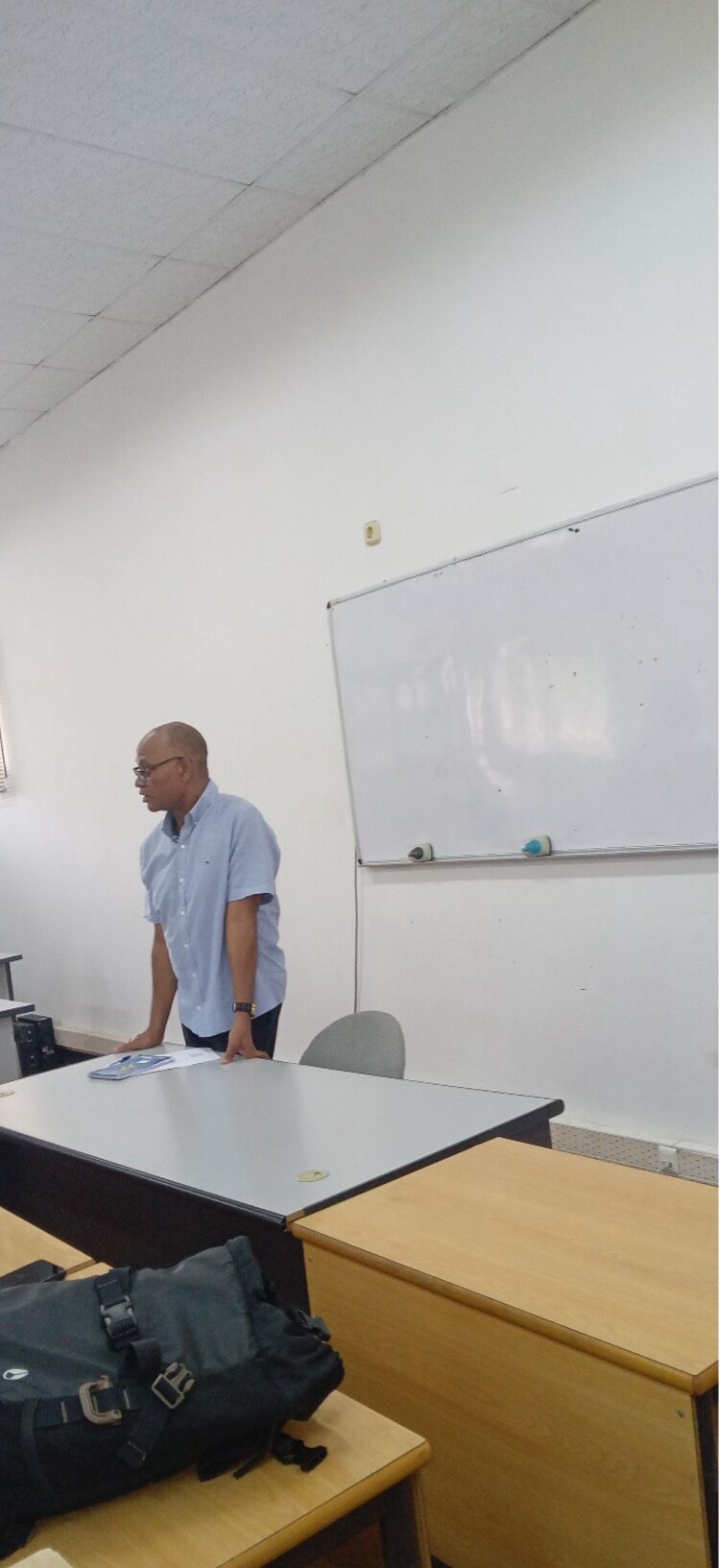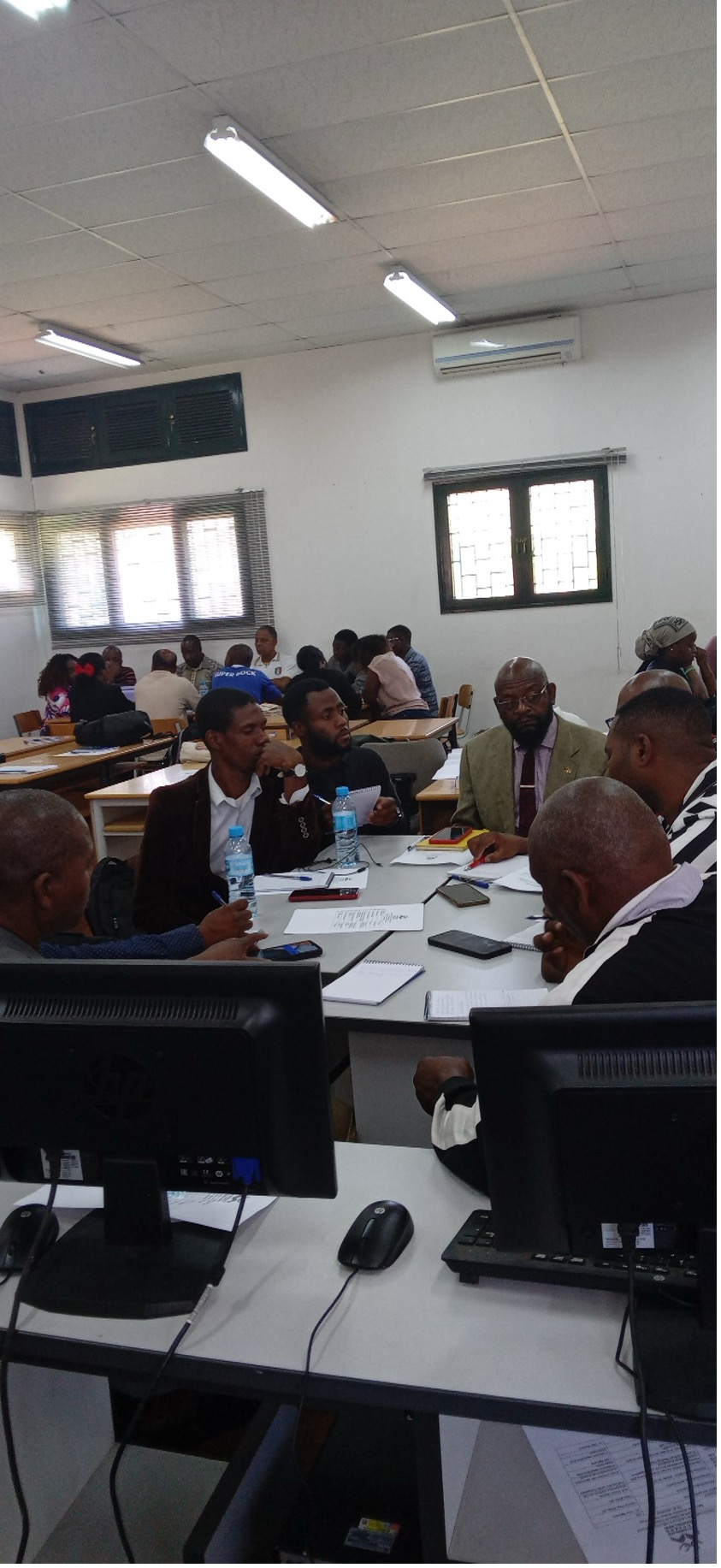The MiFOOD team in Mozambique organized two Policy Engagement Workshops—one in Xai-Xai on August 26, 2024, and another in Maputo on October 30, 2024—as part of the Women Feeding Cities Project. This project aims to understand the socio-economic impacts of COVID-19 on women in the informal food sector, providing informed policy recommendations to support post-pandemic recovery in Mozambique, Namibia, Mexico, and Jamaica.
The Xai-Xai workshop, held at the Municipality’s meeting room, opened with remarks from City Counsellor Benaias Rosário and Dr. Victor Simões, Director of the Centre for Social Studies. Dr. Ezequiel Abrahamo outlined the project’s goals, which include understanding the critical role of women food vendors, known as mukheristas, in supporting the city’s food supply. Mukheristas bring goods from outside Xai-Xai, including produce from South Africa, and face challenges such as high taxes, bribes, and logistical issues. Workshop participants shared personal stories of navigating these challenges and discussed strategies they used to gain family support for their work. They also highlighted the desire to form an association that could empower them to negotiate for reduced taxes with local authorities, reflecting a collective aspiration for policy change.
During the workshop, attendees also discussed the range of goods they supply, including affordable staples like tomatoes, potatoes, cabbage, and lettuce, as well as seasonal fruits like bananas and oranges that are popular with local consumers. Higher-priced fruits, such as grapes and apples, are less accessible to the community, underscoring the economic constraints of many Xai-Xai residents. The session provided a platform for mukheristas to voice their concerns and successes, fostering a dialogue with the Municipality about supporting this vital sector.
The second workshop, held in Maputo on October 30, 2024, brought together 30 attendees, including representatives from the local government and community organizations. The workshop was inaugurated by Prof. Ramos Muanamoha, Director of the Center for Policy Analysis at the Faculty of Arts and Social Sciences at Eduardo Mondlane University. The Head of the Gender and Social Action Department guided discussions on the unique challenges women face in this sector, and insights were shared by the Secretary of a neighborhood heavily impacted by commercial activities and flooding. The workshop also included contributions from the president of the Association of Cross-Border Traders and a representative of cross-border women at the Zimpeto Wholesale Market, who discussed the complexities of informal trade and the need for support from local authorities.
Additionally, the head of the Urban Planning Department and the Secretary of the Ka-Tembe Municipal District participated actively, underscoring the importance of community leadership in advancing the project’s goals. The Ka-Tembe Secretary was identified as a key community leader to engage for future project activities. The inclusion of researchers, student interns, and other stakeholders created a robust dialogue on gender equity, economic resilience, and the vital role of informal vendors in food security.
Together, these workshops underscored the determination of women food vendors to overcome economic and social barriers and highlighted the need for collaborative efforts between government, community leaders, and vendors to address the challenges faced by informal food vendors.




